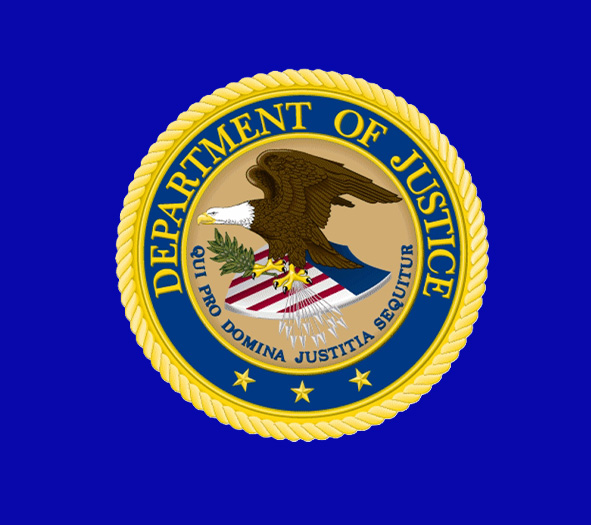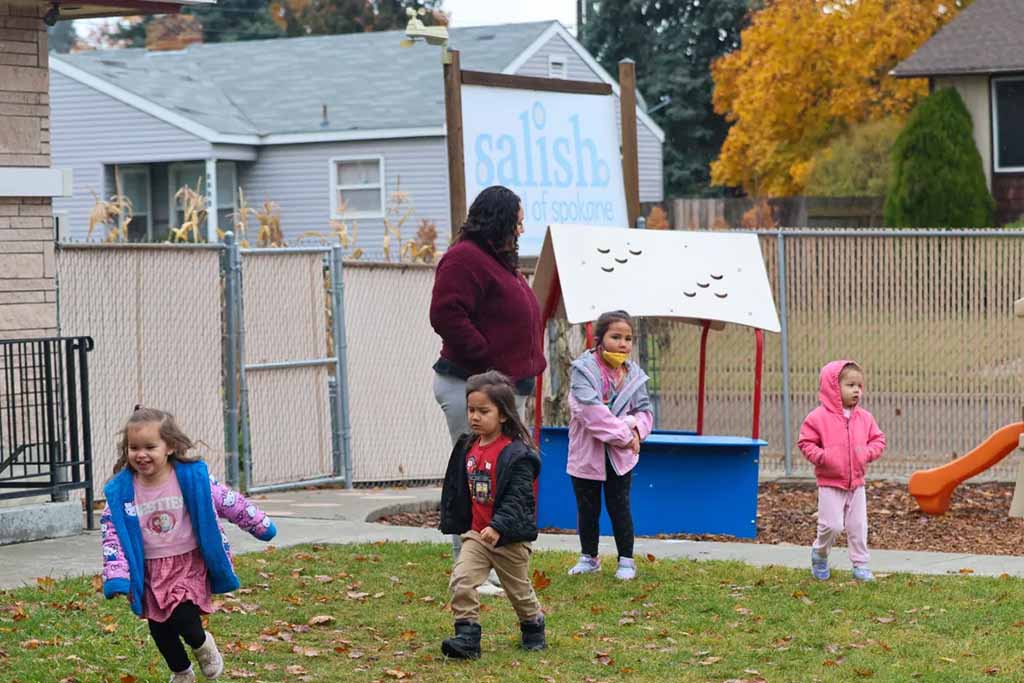By CHRIS AADLAND, Reporter
MISSION – The Confederated Tribes of the Umatilla Indian Reservation (CTUIR) recently received confirmation from the federal government that it could implement the new gaming revenue sharing plan for tribal members that leaders approved last November.
With that, the CTUIR made its second quarterly payments to enrolled members on May 20 using the new Gaming Revenue Allocation Plan (GRAP), which leaders say means more money for tribal citizens.
But with the new payment formula comes new paperwork requirements for tribal members and questions about how the new system will work.
Here’s answers to some of the questions CTUIR leaders and officials say they’ve been asked:
What changed?
Eligibility for the payments hasn’t changed.
But two major differences from the previous per-capita distribution system will change how much each tribal member will receive.
The federal government doesn’t consider the new payments taxable. They’re classified as a general welfare benefit.
How the payouts are calculated has also changed. Tribal member share of Wildhorse revenue will now be between 20% and 25%, compared to the previous set rate of 20%.
The tribe has said the changes – which came after a previous suggestion from a Board of Trustees member and pressure from the General Council last year – were meant to result in bigger payments for tribal members.
May’s payment was $1,000 and the remaining two payments for 2024 have already been set for $1,000. Will the amounts ever change?
Since the Board of Trustees adopted the new GRAP so close to a new year, and because the federal government was taking longer than expected to review the changes, leaders set the flat payment amounts for 2024 because they were unsure if they’d be able to implement the changes in time for the first payments – or for which of the following payouts – in 2024.
As of press time, a continuation of $1000 payments is the plan for the remaining two payments this year.
The most recent payment was untaxed and the remaining 2024 payments will likewise be tax-free.
Payment amounts using the new formula will start in 2025.
Do I have to provide any information to the CTUIR to receive my money?
Tribal members will receive their remaining payments for 2024 regardless, but to qualify for the tax exemption that will help increase individual payout amounts, the CTUIR Enrollment Department needs to receive an application by December 1.
The 2024 General Welfare Tax Exemption Verification form only asks for a tribal member’s name, enrollment number, address, and a signature.
Failing to submit the form will result in the CTUIR issuing that person a 1099 tax form and federal tax penalties.
The form can be downloaded or requested by contacting the Enrollment Department at 541-429-7035 or enrollment@ctuir.org.
Will I have to submit receipts or detailed spending information?
No, but the tribe will ask for some information about spending habits.
The Tribal General Welfare Exclusion Act of 2014 changed the federal tax code so that a tribal nation could provide tax exempt payments to members to meet their general welfare needs.
General welfare needs is how the CTUIR now classifies its allocations to tribal members. The CTUIR is one of the few tribes so far that have made tax code changes to how it shares gaming revenue with tribal citizens.
Payments made under that definition also come with some limits to how the money can be spent by each person.
Tribes who make the untaxed payments to tribal citizens are required to submit information gathered from enrolled members to the federal government to ensure that the money is being used to meet general welfare needs and the system isn’t being abused.
This means CTUIR tribal members will have to submit an additional form every year with basic details about what they spent their quarterly payments on the previous year.
A simple, one-page form asks for general information about how much of their allocations were applied to each category of allowable expenses: housing, education, care for elders and disabled people, cultural and religious practices, and some other expenses that don’t fall into those categories.
Tribal officials say CTUIR members won’t have to provide any additional information, such as receipts, to verify how they spent it, or other details, like amounts for individual expenditures in each category.
Information about individual tribal member spending will be kept confidential, according to tribal officials. It will be used to produce broader data about CTUIR membership dividend spending to show tribal compliance with federal regulations.
What can I spend the payments on?
A wide range of situations and permitted expenses under each category shouldn’t make it difficult to spend the money, according to the tribe.
The form tribal members will have to submit annually with their spending details includes dozens of situations or examples of permitted ways to use the money.
Approved expenditures, according to the form, include:
- Mortgage, rent or utility payments
- Housing repairs and some improvements
- Transportation, temporary housing or hotel and other living expenses due to housing emergencies or for victims escaping abusive situations
- Various expenses associated with caring for elder or disabled family members
- Transportation, lodging and meal costs when seeking medical care
- Nonprescription drugs and traditional tribal medicines or treatment
- Educational costs and extracurricular needs or supplies for children
- Tuition payments
- Childcare expenses for parents who are working or completing an education
- Funeral expenses
- Costs associated with traveling to attend or participate in community activities like powwows
- Expenses connected to participating in other cultural or traditional activities
What if I don’t submit any of the required forms?
Tribal members will receive their quarterly distributions even if they don’t provide the required information.
However, not doing so could result in that person owing the federal government money for unpaid taxes when filing their income tax returns for the previous year.
You may download the 2024 General Welfare Tax Exemption Verification form below:



